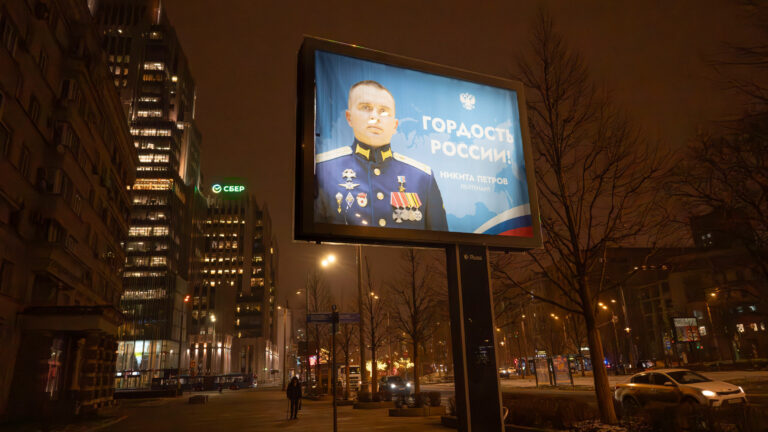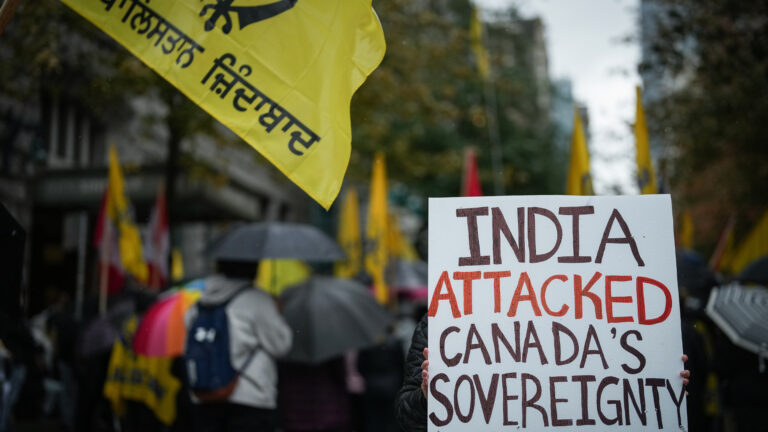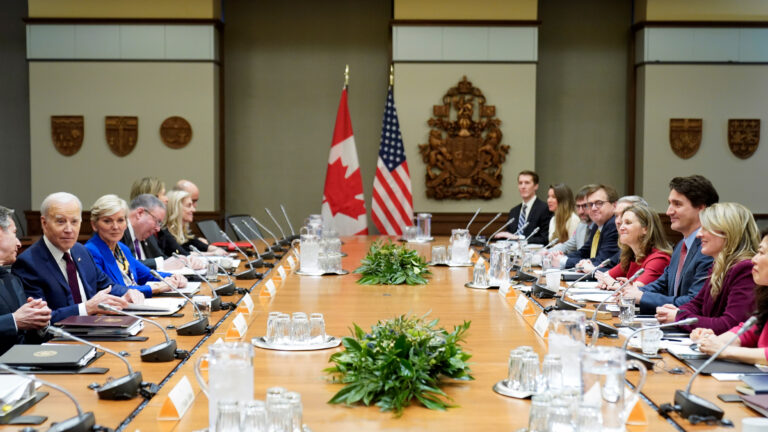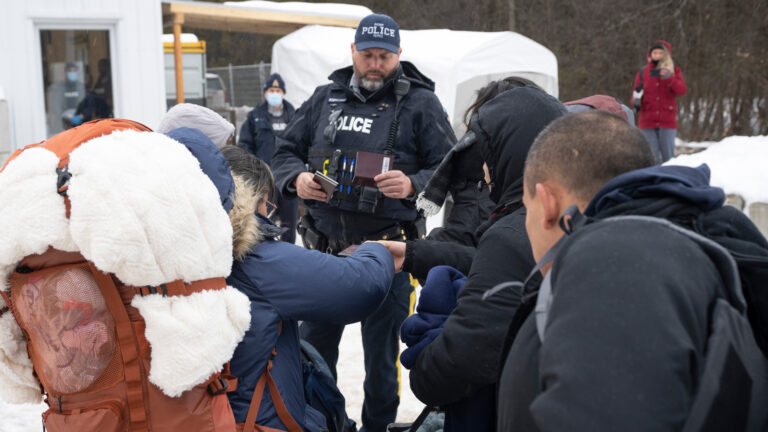As re-elected Prime Minister Mark Carney and his new cabinet take the reins in Ottawa at a time of rising global instability, his government must urgently rethink how it defends Canada’s sovereignty, deepens its alliances and projects its influence in a world increasingly being shaped by authoritarian aggression and technological disruption.
The foundations of our country’s security, prosperity and global standing are under threat. To navigate this turbulent era, the new government must act decisively and ambitiously.
Now is not the time for half-measures. Canada must lead with purpose and invest boldly in its national security architecture, international partnerships and soft power tools.
There are five strategic imperatives the Carney government must act on immediately to achieve this goal.
Modernize the military
We need a foreign policy that is not only values-based but also power-aware. The lesson from the war in Ukraine is clear: wars are no longer just about firepower but are also about data, drones and battlefield innovation. Ukraine has shown the world what a nimble, tech-enabled military can achieve against a larger aggressor. Canada must take note.
Our armed forces need immediate investment to replace aging equipment. But they also require a national strategy to develop and deploy drones, battlefield AI and real-time surveillance systems.
We should treat drone warfare as a core military capacity, developed through partnerships with Canadian industry and allied nations. The next wars will be fought with algorithms and autonomous weapons systems, not just tanks and conventional military equipment. Our security depends on leveraging these new technologies.
Expand our diplomatic footprint
Canada’s influence abroad has eroded in part because our presence has shrunk. We must reverse this decline. New embassies, more diplomats and more regional experts must be deployed, especially in Asia, Africa and Latin America – regions where the geopolitical future is being written.
We also need a new generation of envoys who are as comfortable navigating TikTok and AI forums as they are negotiating trade and security agreements. We need more people on the ground to engage with allies, counter disinformation and build coalitions that advance democratic norms and economic co-operation. Canada’s diplomacy must match the scale and complexity of today’s challenges.
Turn Canada into a global hub for strategic thinking
Soft power and strategic influence are built on ideas. Canada must become a magnet for them. Yet Canada’s think tanks – especially those working on security, democracy, human rights and digital threats – are chronically underfunded. The federal government should create a dedicated fund to support their work and offer incentives for top-tier allied think tanks to set up shop in Canada.
A robust intellectual ecosystem is essential for building influence and crafting foreign policy rooted in long-term democratic values, not short-term tactics. A thriving ecosystem of public policy expertise will not only bolster our capacity to respond to threats but also help shape the global narrative around the values we share with our democratic partners.
This would position Canada as a hub for strategic dialogue, innovation and alliance building at a time when democratic ideas are under siege.
Transform the CBC into a global media force
Canada has long been seen as a quiet force for good. But in a time of global instability, democratic backsliding and technological disruption, quiet isn’t good enough. Canada is being out-communicated by authoritarian regimes, which are exploiting national and international media to shape global opinion and weaken democracies.
We need a national broadcaster with a global voice. The CBC, and especially Radio-Canada International, should be given a new mission: to report on global struggles for democracy, counter disinformation and elevate the voices of human rights defenders.
Germany’s Deutsche Welle provides a strong model, with its Global Media Forum and multilingual outreach. The CBC should be empowered to do the same – inform, engage and protect the truth in an era of information warfare.
Invest in people and global leadership networks
Strategic alliances are not forged only at summits. They are built through long-lasting relationships between people. Canada’s most enduring alliances are often created and sustained not by governments, but through human connection. Ottawa should dramatically expand its support for educational exchanges, leadership programs and civil society partnerships that tie emerging global leaders to Canada.
These networks will be our greatest asset when crises erupt and decisions must be made quickly. They are the connective tissue of global influence. These people-to-people ties will be crucial in times of crisis. They will help us advance democratic values, build economic bridges and respond with agility when the global order is tested.
The re-elected Carney government has a narrow window to chart a bold and visionary course. It must rise to meet this moment – not with incrementalism, but with ambition. These five pillars offer a blueprint to secure our future and restore Canada’s role as a principled, connected and influential global power.
The world has entered a new phase – one marked by volatility, fragmentation and democratic backsliding. Canada must respond with clarity, purpose and scale.
Carney’s government has an opportunity to chart a bold course and redefine how this country engages with the world. It should seize it.












